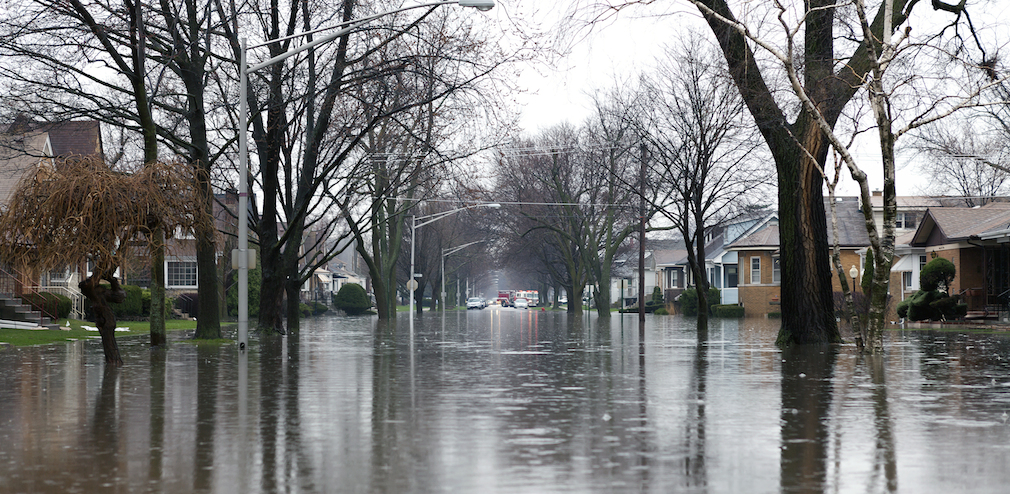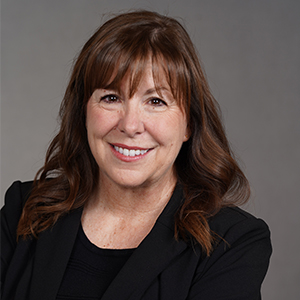The number of natural disasters that struck the United States this year reached a record low, despite damage from just a few events — floods in Colorado and tornadoes in Oklahoma—that added up to billions in damages, according to CoreLogic.
“Many predicted that 2013 would be a record year of catastrophic destruction,” said Dr. Thomas Jeffrey, senior principal scientist for CoreLogic. “But the number of natural disasters that typically cause widespread destruction, mainly hurricanes, wildfires and tornadoes, were far less than anticipated in comparison to last year’s record-setting hazard seasons.”
In their annual Natural Hazard Risk Summary and Analysis, CoreLogic found that both hurricanes and floods were at their lowest number in 10 years.
Hurricanes had an especially quiet season after the destruction brought by Hurricane Sandy in 2012. This year saw only two storms that reached hurricane status, and neither had a direct impact on the U.S.
Fewer Atlantic storms meant flooding was also moderate overall, resulting in losses totaling approximately $2 billion, according to the report.
However, most of that number could be accounted for by what was called the “1,000-year storm” in Colorado in September. Record rainfall around the Boulder area affected 17 counties and caused damage or destruction to more than 19,000 homes, the hazard summary stated.
Similarly, tornado activity in 2013 was at a historic low, with 229 fewer tornadoes than any other year in a decade. But the severity of the storms that did hit set records of their own, including the widest tornado ever recorded at 2.6 miles in El Reno, Oklahoma, which caused nearly $40 billion in damage.
A tornado that swept through Moore, Okla., on May 20 was classified as an EF5 and killed 23 people, injured 377 others and caused an estimated $2 billion in damage, according to the report. Other late-season storms affected 12 other Midwest states.
The year saw lower numbers for wildfires and total acreage burned for most of the Western states, although California, Colorado, Idaho and Washington continued their 10-year average, the report said.
California had the third-largest fire in its history with the Rim Fire 100 miles east of San Francisco. Only 11 homes were destroyed but more than 257,000 acres were burned. Arizona’s Yarnell Hill Fire and Colorado’s Black Forest Fire resulted in a total property loss that is expected to exceed $300 million, according to the report.
CoreLogic’s report also highlighted an unusual natural hazard — sinkholes. Of the 23,000 identified sinkholes in their database, three severe examples gained attention in 2013, all in Florida.
One person was killed when a sinkhole formed under his home in Seffner, Florida. Another sinkhole, 90-foot wide by 50-foot deep, caused the collapse of two homes, and a third 100-foot sinkhole damaged a tourist villa.
The lower number of catastrophes this year could portend a wild 2014, Jeffery warns. “Going into 2014, it’s important to remember that hazard-driven property damage and loss can and does occur each year, and with the cyclical nature of some of these events, this year should be considered fair warning that next year will likely see a return to the higher average numbers of damaging natural disasters.”







